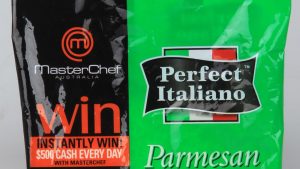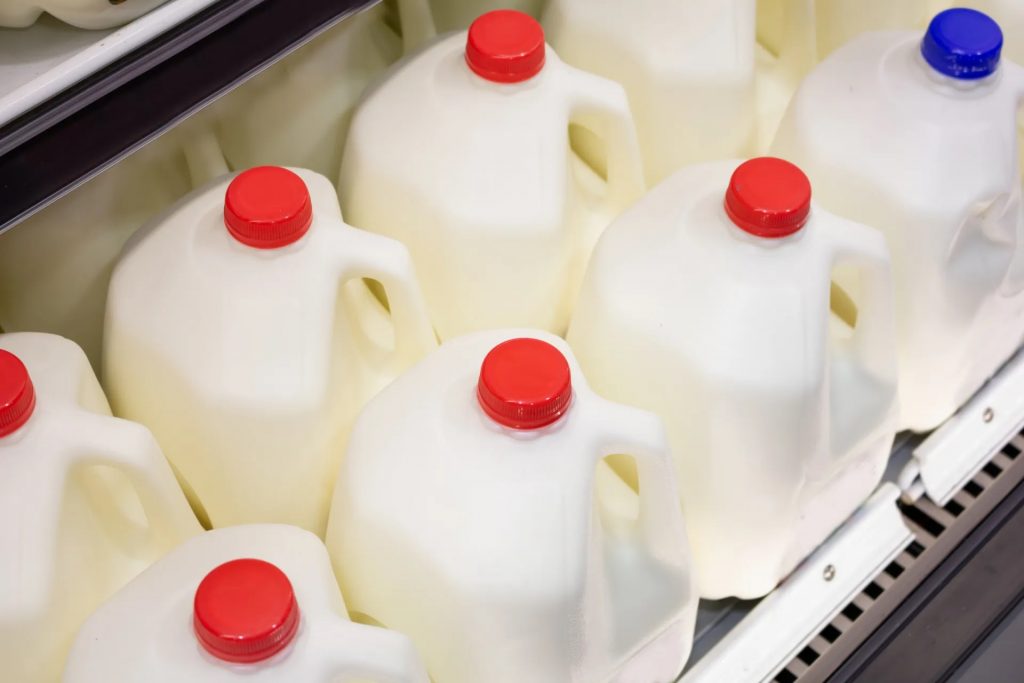
The product recently debuted on Costco shelves.
We’ve seen soy milk, almond milk, oat milk, and the like — now, chia milk is taking the stage, setting a more eco-conscious precedent for milk alternatives to come.
Benexia recently launched Seeds of Wellness Chia Milk, a sustainably produced plant-based milk made from ground-up whole chia seeds, according to Vegconomist Global. Chia is a strong source of healthy fats as well as dietary fiber: a “super-nutrient” lacking in most American diets, according to the American Society for Nutrition.
Benexia’s micro-milling process preserves the plant’s original nutritive value while churning out a creamy milk-like texture.
“We harness the nutritional power of chia to deliver wholesome products … with human and planet health in mind,” said Benexia CEO Sandra Gilliot.
The company follows regenerative agriculture techniques — using farming as a jumping-off point to promote soil health and ecosystem resilience — and relies exclusively on rainwater for irrigation, per its 2024 Sustainability Report.
Chia, moreover, is a relatively drought-friendly plant, as indicated by the U.S. Department of Agriculture Plants Database. While chia plants require some moisture, they do not require regular watering, making them an agricultural staple as crop insecurity and extreme weather continue to rise in our overheating planet.
Even after the chia growth and harvest, Benexia limits water usage in the ingredient processing phase of milk production, “using a nearly zero-waste, zero-water process from seed to packaging,” PR Newswire reported. “Water is only introduced as the main ingredient in the final product.”
The mainstream introduction of Benexia’s product could make chia milk a household staple. In 2022, the New Zealand Ministry of Foreign Affairs and Trade (MFAT) valued the revenue from alternative milk sales in North America at 20% of the revenue from traditional milk, noting that 12% of U.S. households prefer alternative milk.
“The [alternative milk] sector continues to expand,” MFAT added, labeling taste, health, and sustainability as the primary causes of alternative milk’s rising popularity.
In 2023, the University of North Carolina’s PIT Journal forecast a 127% increase in per capita alternative milk revenue between 2014 and 2027, based on the “impressive growth trajectory of the industry in the past and the future.”
Dairy milk production relies on heavy water consumption to sustain cows and also releases copious amounts of the planet-warming gas methane from cows’ belches. Currently, almond milk is the most popular plant-based milk alternative, but even almond farming requires considerable water usage — more than 23 gallons of water for a single glass of almond milk, wrote Business Insider.
If more and more households consume chia milk instead, the environmental repercussions could be huge. Conserving water puts less strain on estuaries and other bodies of water, allowing aquatic ecosystems to flourish while maintaining water security in our warming climate.
Benexia’s “first of its kind” product recently debuted on Costco shelves across the country. Its emergence will likely encourage other manufacturers to join in on chia milk production as well, popularizing chia as a sustainable and healthy milk alternative.
You can now read the most important #news on #eDairyNews #Whatsapp channels!!!
🇺🇸 eDairy News INGLÊS: https://whatsapp.com/channel/0029VaKsjzGDTkJyIN6hcP1K

























